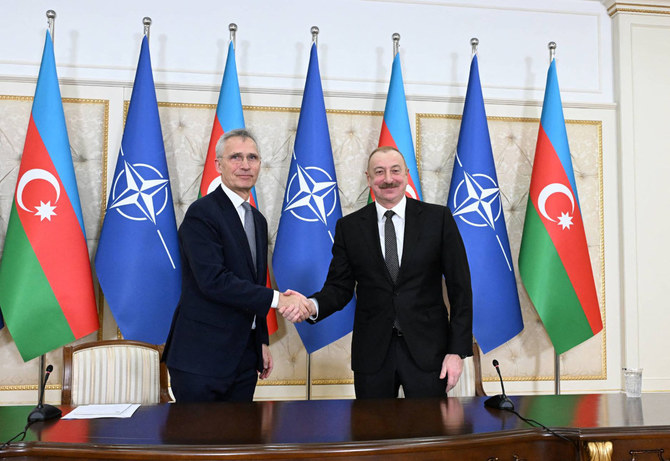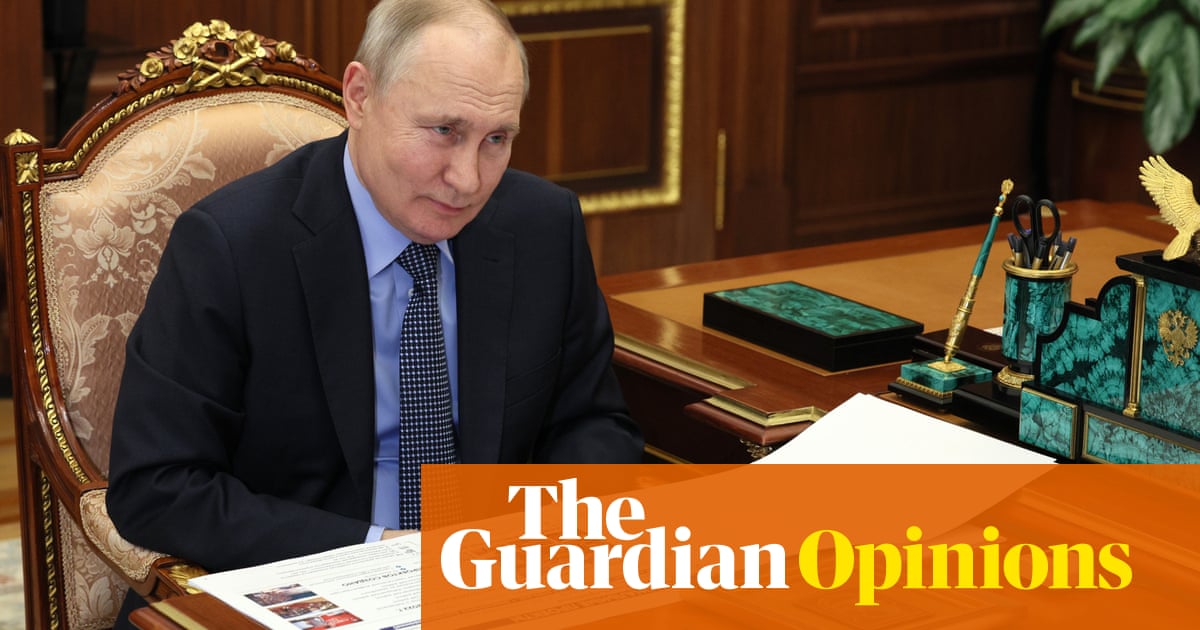
The US and the Taliban kicked off their latest round of talks in Doha this week and the prospects of a political settlement and an end to conflict in Afghanistan, which has lasted for about 40 years, may finally be genuine. More than 70 percent of Afghans were born into war and it seems their chances of seeing the light of peace in their country have never been greater. Peace was and is the No. 1 priority for Afghans — no development and economic agenda has any meaning without sustainable peace and security.
President Donald Trump, in his recent State of the Union address, reiterated his administration’s commitment to ending America’s 17-year involvement in Afghanistan by reaching a peace settlement with the Taliban. Optimism about a breakthrough was voiced by Zalmay Khalilzad, the US peace envoy, in a tweet just hours before the latest round of talks began. According to Khalilzad, the Taliban now have a more authoritative negotiating team, particularly with the inclusion of Mullah Abdul Ghani Baradar, the group’s deputy leader, who traveled from Pakistan to join the talks in Qatar. Baradar’s participation has increased expectations as he has long been known as a supporter of peace talks.
In early February, the Taliban and some prominent political figures from Afghanistan, consisting mainly of the opposition, held talks in Moscow. Among the participants was former President Hamid Karzai. The Afghan government was not part of the conference and rejected the talks as having no executive authority. Although many Afghans were critical of the Moscow meeting, the move was significant politically, as it was the first time that the Taliban had sat around a table with some of the figures they had been fighting for more than a decade. Most of the delegates spoke positively of the talks and indicated that the Taliban were more inclined to a settlement than ever before.
Any formal deal between the US and the Taliban would be an important first step and would lay the foundation for a comprehensive peace settlement.
Ajmal Shams
About a week before the ongoing talks, Khalilzad met the Russian presidential envoy to Afghanistan Zamir Kabulov to discuss the contours of the Afghan peace negotiations. An inclusive intra-Afghan dialogue was agreed by both sides. The US and Russian convergence on some basic principles is a positive step and will strengthen the international consensus on peace in Afghanistan.
Besides this US-Russian consensus and support, the role of the Islamic world, particularly Saudi Arabia, is important. Last July, Jeddah hosted a conference of Muslim scholars from around the world to discuss the Afghan dilemma. The scholars pleaded for peace and stability and described the ongoing conflict as being against the principles of Islam, which stands for peace, tolerance and reconciliation. King Salman met with the participating scholars and called for an end to the suffering of the Afghan people. Jeddah’s conference for Afghan peace was no ordinary event. Saudi Arabia is considered by a majority of Muslims as the leader of the Islamic world. Thus, a peace call from the Kingdom was full of meaning and an enduring message for all parties involved in the conflict.
Peace in Afghanistan is in the best interests of all countries in the region and beyond. The ongoing conflict serves no one’s interests and destabilizes the entire region. A peaceful Afghanistan would offer economic opportunities for neighboring countries in the form of business, trade and serving as an energy corridor between Central and South Asia.
Most Afghans are optimistic about the US-led peace initiative. Any formal deal between the US and the Taliban would be an important first step and would lay the foundation for a comprehensive peace settlement. However, not everything can be agreed unless the Afghan government becomes part of the negotiations. It is time both the Taliban and the government showed their true commitment to peace by responding to the aspirations of millions of Afghans, who have been eagerly awaiting such a day for the past four decades.
Ajmal Shams, based in Kabul, is president of the Afghanistan Social Democratic Party. He was a deputy minister in the national unity government, and served as policy adviser to Ashraf Ghani before his presidential bid. Twitter: @ajmshams












